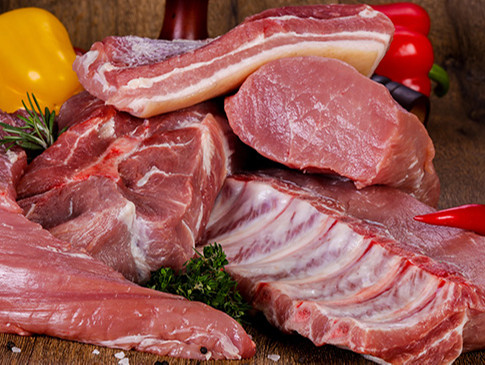
On June 17, 2024, China initiated an anti-dumping investigation into the import of EU pork, including fresh, chilled, and frozen meat and by-products. Spain, Netherlands, Denmark, and France will be most affected.
According to WTO rules, the investigation must be completed within a year and could lead to anti-dumping measures by China if dumping is proven. Even provisional measures can be implemented during the investigation. This could negatively affect European exporters, as China remains a key market for EU pork despite a decline in its share of total exports since 2020.
Spain, the Netherlands, Denmark, and France would be the hardest hit by any measures, as they account for 90% of the EU's exports to China. Exporters are encouraged to explore and develop alternative markets, although this takes time and may lead to a temporary oversupply in the European market. This could put pressure on prices and margins in the pork supply chain.
The investigation also appears to be driven by political tensions, particularly in retaliation for European tariffs on Chinese electric vehicles. The outcome of the investigation and the response of the European Commission and the European Parliament will determine whether China's tactic is successful. While China has increased its domestic production, it remains uncertain whether the measures will have a significant impact on global trade flows.
In the meantime, exporters need to stay alert to early signs of changes in trade and potential approvals of alternative export markets by China. The broader geopolitical context and its increasing influence on the food and agribusiness sector make it clear that strategic adjustments are necessary for the future.
Source: Rabobank
Source: ©Depositphotos/AndreySt